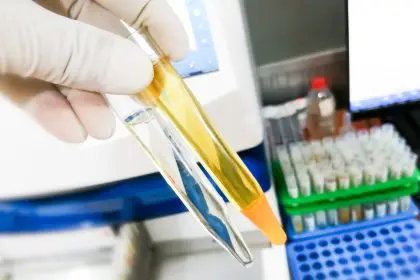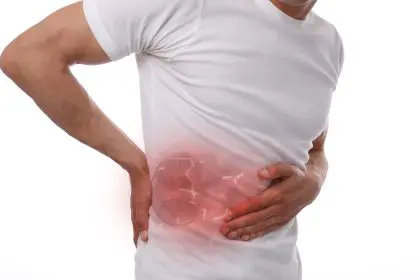Water is essential for life, yet many people do not drink enough of it daily. This neglect can lead to serious health issues, especially for the kidneys. The importance of water for kidney health cannot be overstated. This article explores why drinking water is crucial for kidney health, the dangers of not consuming enough water, and practical tips to stay hydrated.
The importance of water for your kidneys
Your kidneys are vital organs that play a significant role in maintaining your overall health. They filter waste products and excess substances from your blood, then excreted as urine. Proper hydration is crucial for this filtration process to function effectively.
Why your kidneys need water
Water helps your kidneys remove waste from your blood through urine. It also helps keep your blood vessels open so blood can travel freely to your kidneys, delivering essential nutrients. Without sufficient water, this delivery system fails, and the kidneys’ ability to remove toxins from the body diminishes.
How much water do your kidneys need?
While the amount of water needed can vary based on factors like age, sex, climate, and physical activity, a general guideline is to drink at least eight 8-ounce glasses of water a day. This is often referred to as the “8×8 rule.” However, individual needs may vary, and listening to your body’s signals for thirst is important.
Dangers of not consuming enough water
Dehydration can have severe consequences for your kidneys and overall health. Chronic dehydration can lead to various kidney-related issues, some of which can become life-threatening if not addressed.
Risk of kidney stones
One of the most common problems associated with inadequate water intake is kidney stones. These are hard deposits of minerals and salts inside your kidneys. Drinking plenty of water helps dilute the substances in urine that lead to stones.
Acute kidney injury
Severe dehydration can lead to acute kidney injury, a sudden episode of kidney failure or damage that happens within a few hours or days. This condition is severe and requires immediate medical attention. Symptoms include reduced urine output, swelling in legs, ankles, or feet, and shortness of breath.
Urinary tract infections
Not drinking enough water can also increase the risk of urinary tract infections (UTIs). Water helps flush bacteria out of the urinary tract. When you don’t drink enough water, you urinate less frequently, allowing bacteria to grow and cause infection.
Practical tips to stay hydrated
Staying hydrated doesn’t have to be challenging. Here are some practical tips to help you incorporate more water into your daily routine and protect your kidneys.
Keep a water bottle with you
A water bottle makes it easier to sip water throughout the day. You can choose a reusable bottle that you can fill as needed. This is not only good for your health but also environmentally friendly.
Set reminders
Use your phone or a dedicated app to set reminders to drink water. This can be particularly useful if you need to remember to drink throughout the day.
Flavor your water
If you find plain water boring, try adding natural flavors. Lemon, cucumber, or mint can make your water more enjoyable and encourage you to drink more.
Eat water-rich foods
Incorporate foods with high water content into your diet. Fruits and vegetables like cucumbers, oranges, and watermelons are nutritious and help you stay hydrated.
Monitor your urine
A simple way to gauge your hydration level is by checking the color of your urine. Pale yellow or clear urine typically indicates proper hydration, while darker urine suggests you need to drink more water.
Conclusion
Your kidneys play a crucial role in maintaining your overall health, and they rely heavily on adequate water intake to function properly. By neglecting to drink enough water, you put your kidneys at serious risk of developing conditions like kidney stones, acute kidney injury, and urinary tract infections. Staying hydrated is a simple yet effective way to support your kidney health and overall well-being. Make it a priority to drink plenty of water daily and follow practical tips to stay hydrated. Remember, your kidneys are in danger if you don’t like water.
This story was created using AI technology.











